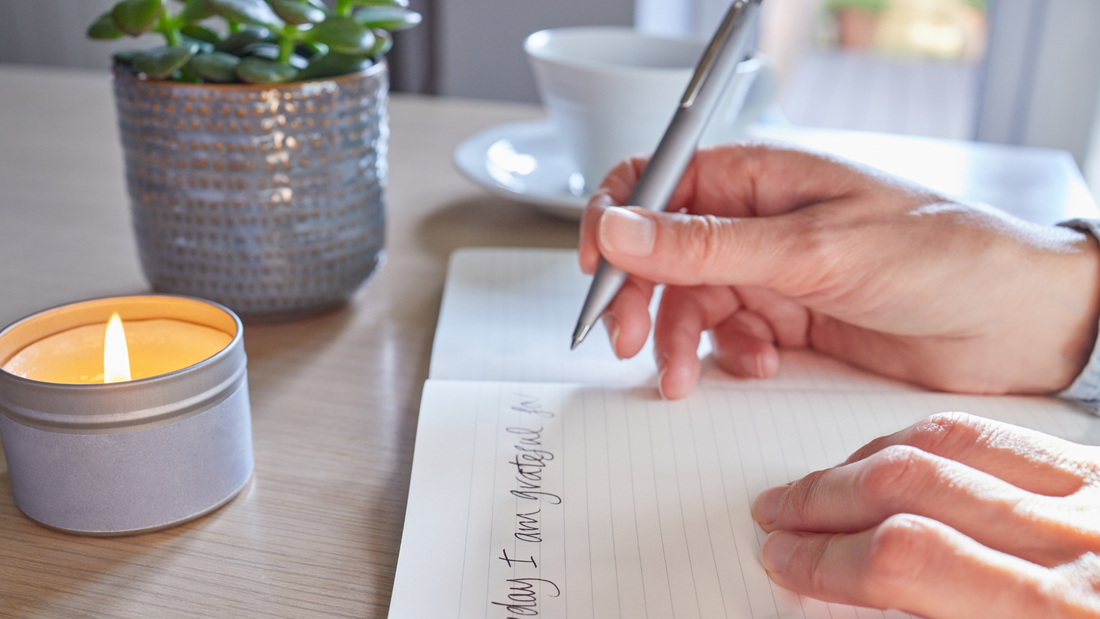As we transition to cozy season and gear up for the holidays, it’s an opportune time to pause and reflect on the year you’ve had thus far. You can do this through journaling - a practise that I have incorporated into my life for years. It has helped me tremendously in improving my mood and maintaining a positive mindset.
But what is journaling?
Journaling is simply writing down what you are thinking and feeling at any given moment. I am an empath and very introspective by nature, so getting my thoughts on paper is a great opportunity for self expression.
Benefits of journaling
In my personal experience, writing is a form of therapy that has several emotional and physical benefits which include:
- Boosting mood
- Reducing stress
- Managing anxiety
- Helping in decision making
7 journaling tips for beginners:
1. Start where you are. It doesn’t need to be perfect.
As humans who crave perfectionism, we are always waiting for the right time or the right circumstance. But the reality is, there may never be a right time or circumstance to capture how you feel. Just start writing. Think progress not perfection.
2. Be honest about your thoughts and feelings. No need to censor.
The more honest and transparent you are with yourself, the more value the exercise will bring to you. Leave the fluff on a side. When I first started journaling, I found myself getting caught up in my word choice. Once I focused less on that, it was easier to write. Remember this is a private journal so it’s not getting graded either. Don’t worry about grammar or spelling!
3. Find a quiet time and space that works best for you.
It is important to choose a quiet time and free yourself from distractions. I prefer to journal first thing in the morning, while my son is still asleep, as it helps me start the day on a positive note. Right before bedtime often works well too.
4. Be consistent.
Consistency is key for journaling to be effective. If you miss a day or two, that’s ok. Perhaps schedule it in your calendar so you don’t miss it. Even on the most terrible days, keep going. You will be proud of yourself for sticking to it.
5. A plain notebook will do.
You don’t need a fancy, leather-bound book for journaling. Plain, lined paper and a standard pen work just fine. If purchasing journal supplies, I recommend notebooks with quotes and words of encouragement on the front cover or throughout.
6. Use journaling prompts.
For some, getting thoughts on paper come naturally. But that may not be the case for you. This is where journaling prompts come into play. A journaling prompt is a statement or question that provokes discussion and helps you channel your thoughts onto paper. For example: What are five things that make you happy? How would you describe your present attitude?
7. Keep your journal close by.
Store your journal (and pen!) in a spot that is visible and within reach; relative to where you often write. For example, I keep my journal right on my nightstand. That way as soon as I wake up in the morning, it is in my line of sight and easily accessible.
There is no magic to journaling. The key is to write down your thoughts and feelings, when and where works best for you. Use journaling prompts when you feel stuck but try to maintain consistency. Happy writing!
Written by Lorraine D., creator of Jewmei.com.
“You don’t need to be great to start but you need to start to be great!” ~ the late Zig Ziglar, American author and motivational speaker


